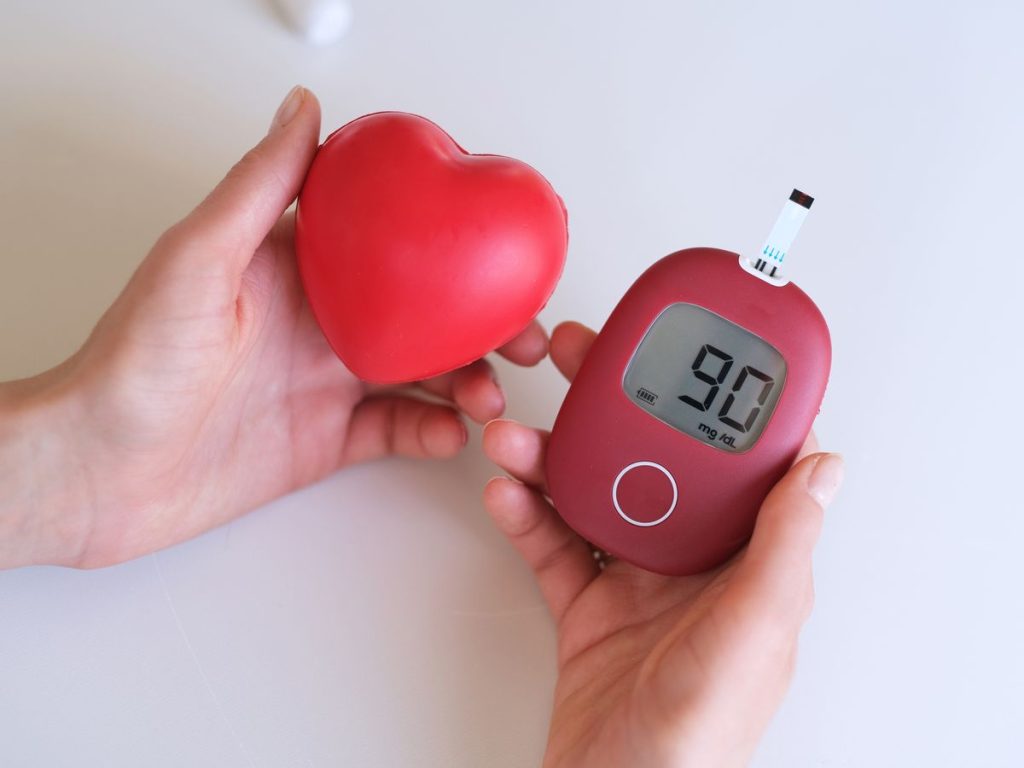
How Does Winter Affect Heart Health?
Cold weather can impact your heart in more ways than just making you feel chilly. Here are some key ways winter weather affects cardiovascular health:
1. Increased Blood Pressure: Cold temperatures cause blood vessels to narrow, increasing blood pressure, which can elevate the risk of cardiovascular issues.
2. Vessel Constriction: Cold weather causes blood vessels to tighten, making it harder for blood to flow. This forces the heart to work harder, raising the strain on it.
3. Higher Pulse Rate: With narrowed vessels, your heart has to pump faster to maintain blood flow, which can be problematic for those with heart disease.
4. Reduced Activity: People tend to be less active in winter, which can lead to weight gain and additional strain on the heart.
5. Unhealthy Diet: Comfort foods, typically rich in calories, are more tempting in winter. These foods can increase cholesterol, raise blood pressure, and strain your cardiovascular system.
10 Healthy Heart Tips to Stay Strong during winter
1. Maintain a Heart-Healthy Diet: Stick to a balanced diet with fiber-rich fruits, vegetables, and whole grains. Limit your intake of high-calorie comfort foods and sodium.
2. Stay Active: Continue regular exercise despite cold weather. Try indoor workouts, take the stairs, or set fitness goals to keep your heart healthy.
3. Stay Hydrated: Even in winter, hydration is crucial for heart health. Drink 6-8 glasses of water daily, and consider warm beverages like herbal tea.
4. Layer Up: Dressing warmly in layers helps prevent cold-related stress on your heart. Don’t forget hats, gloves, and insulated socks.
5. Manage Stress: Practice relaxation techniques, yoga, or meditation to manage stress and support your mental and heart health.
6. Get Sufficient Sleep: Stick to a sleep schedule, aim for 7-8 hours of rest, and create a calming sleep environment to support your cardiovascular health.
7. Limit Alcohol and Caffeine: Keep alcohol and caffeine intake moderate, and ensure you stay hydrated to maintain healthy blood pressure.
8. Quit Smoking: Winter is a great time to quit smoking, which is a major risk factor for heart disease. Seek support through nicotine replacement or medical advice.
9. Know Heart Attack Warning Signs: Be aware of symptoms such as chest discomfort, shortness of breath, and pain in the upper body, which may indicate a heart attack.
10. Schedule Regular Check-ups: Routine medical exams are key to monitoring blood pressure, cholesterol, and heart health.
Conclusion
Adopting heart-healthy habits in winter is essential for protecting your cardiovascular health. By following these tips, you can keep your heart strong despite the cold.
Ready to prioritize your heart health this winter? Oxford Hospital offers expert cardiovascular care. Schedule a consultation today!


